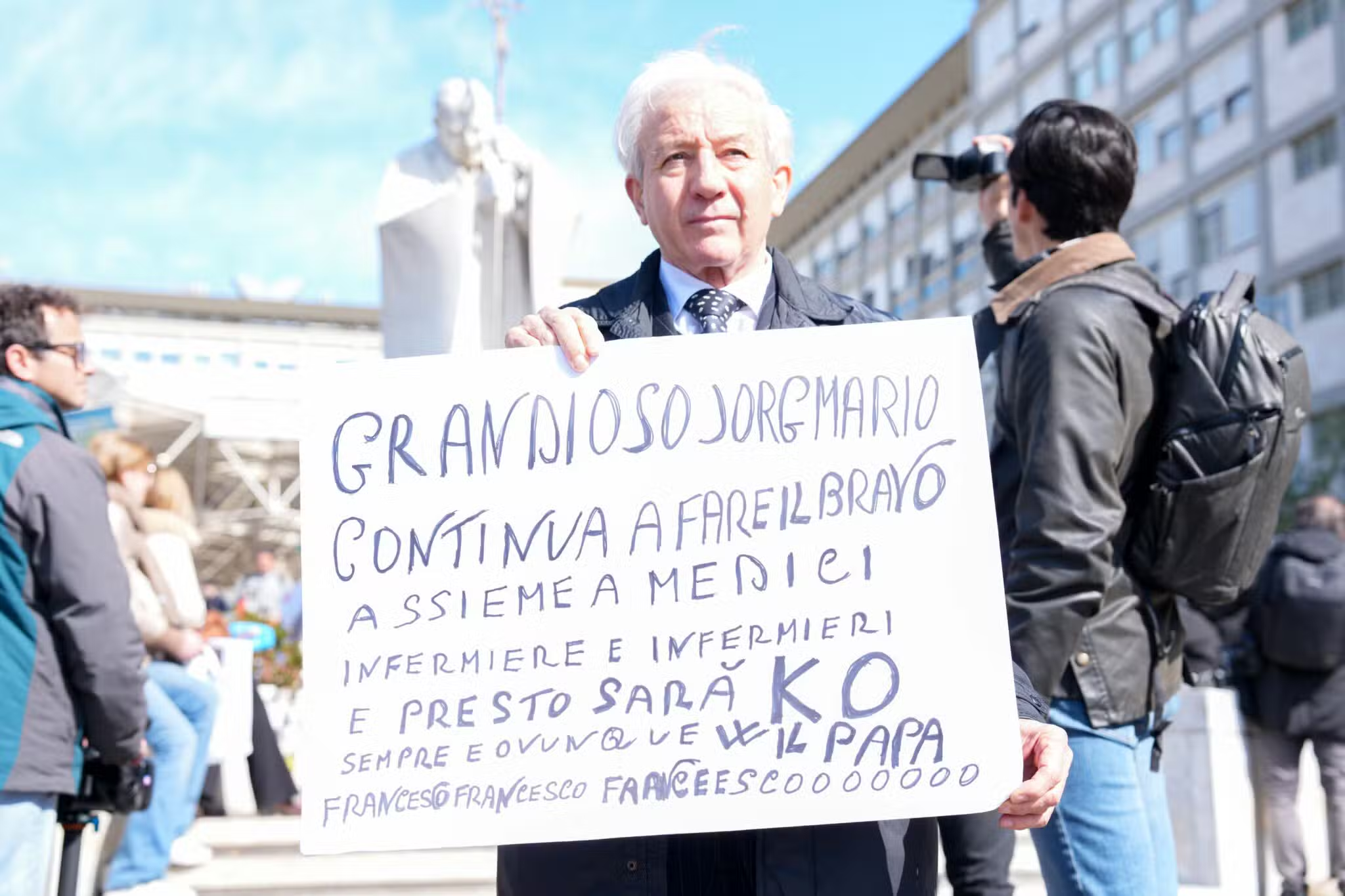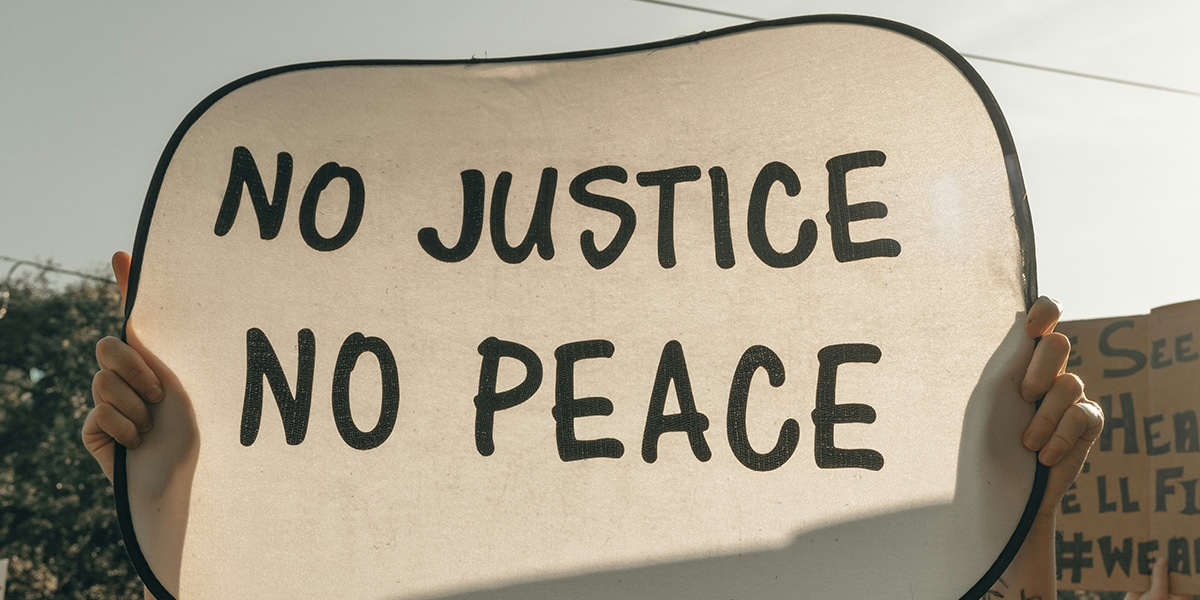A turning point in the life of the young Francis of Assisi was his capture and imprisonment following a battle with rival city Perugia in 1202. Upon being released, he returned to Assisi a changed man, no longer interested in the worldly amusements of his past and more deeply drawn to solitary prayer.
Over the next two years, he began to lead a “life of penance.” This included not only mortification and self-denial but also a new vision of reality—seeing the world from God’s point of view: a creation filled with beauty, joy, and goodness, reflecting the goodness and love of God, our Creator who deserved highest praise, worship, and love in return.
The first step in this metanoia was a generous response to God’s grace when he embraced the leper, thus overcoming his revulsion for those with this dreaded disease and turning his heart to compassion and mercy. He began to live among lepers in the marginalized communities outside the walls of Assisi, serving their needs and thus reorienting his life from one of self-protection and personal enhancement to one of self-sacrifice and concern for others.
This has become the essential characteristic of Third Order Regular spirituality—a continuous turning to the Lord, serving others in imitation of Christ who came to serve and not be served, and following the example of St. Francis. The second chapter of the Third Order Regular Rule reads: “Led by God, let them begin a life of penance, conscious that all of us must be continuously and totally converted. As a sign of their conversion and consecration to gospel life they are to clothe themselves plainly and to live in simplicity” (Article 6).
Article 6 is the “charism statement” of the Third Order Regular, emphasizing the three essential elements of Gospel life: acknowledging God as the source of all that is good, adoring God with one’s whole life, and serving God in one’s neighbor, the basis for charity and “action on behalf of justice” in promotion of peace.
In recognizing his vocation to live the Gospel, Francis of Assisi knew that he could no longer identify himself with the majores, the wealthy and powerful of his day; rather, he desired to live among the minores, the poor, marginalized, and powerless and those without a voice in society.
More than anything else, Francis longed to live like Jesus Christ: “For you know the grace of our Lord Jesus Christ, that though he was rich, yet for your sake he became poor, so that by his poverty you might become rich” (2 Corinthians 8:9). For Francis and his brothers, minority was the one thing necessary for entrance into the Kingdom of Heaven (Matthew 18:3-4; Mark 10:15; Luke 18:17; John 13:4-14).
Minority, though similar to humility, has a social/ecclesial connotation as well. Minoritas meant not holding or exercising power over anyone or anything; it was specifically related to the renunciation of power. Francis chose to call himself a “Lesser Brother” as a way to embody the Gospel value of humility, to preach by example the need to be humble in this world, to be childlike, and to see one’s place among the poor.
Living this way, Francis conformed himself to Christ who exchanged the richness of heaven for the poverty of the earth, in order that we, becoming like Christ, could be rich with the treasures of the Kingdom.








